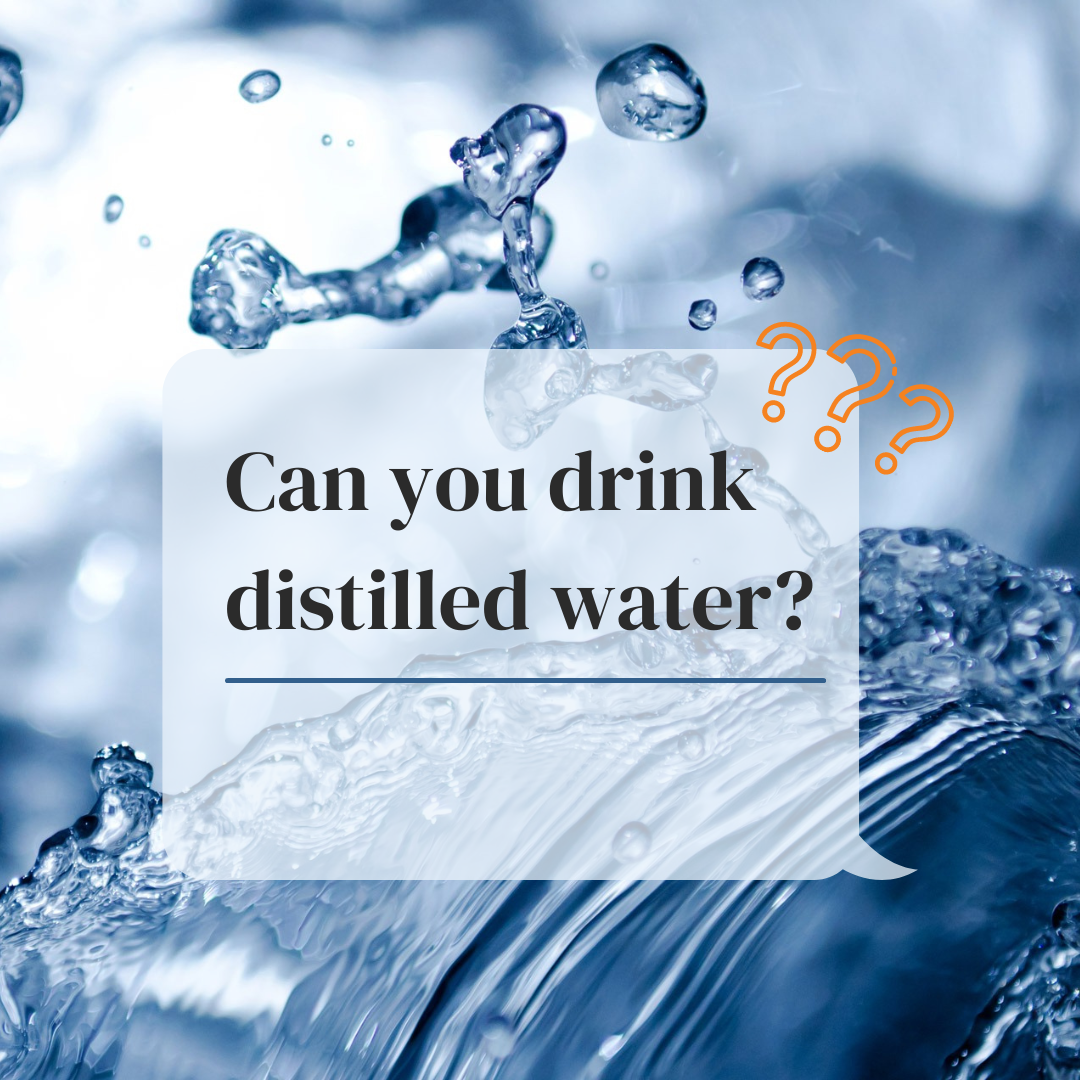Can you drink distilled water? It’s Uses, effects and more
Can you drink distilled water?
Did you ever think : What is distilled water ? What is distilled water used for ? Can you drink distilled water? Is drinking distilled water good for your kidneys? Can drinking distilled water kill you? Is it safe to drink distilled water? Drinking distilled water side effects , Things to consider before drinking distilled water, What can I use instead of distilled water? Don’t worry, we have answers to all of your questions. Read the below points to know about Distilled water Uses, effects and more.
What is distilled water?
Can you drink distilled water? Before proceeding, it is necessary to understand what distilled water is. Water is converted into steam during the distillation process, leaving bacteria and other contaminants, as well as impurities such as minerals, behind. When the steam cools, it condenses back into liquid form. The process mimics the natural water cycle, in which water evaporates, cools, and condenses in clouds before falling to the ground as rain. A water distiller typically has two chambers: an evaporation chamber and a chamber for collecting the steam condensate, which is usually collected in a glass container.
What is distilled water used for?
Distilled water is used to sterilize medical equipment, lead-acid batteries, automotive cooling systems, and other devices that could be damaged by mineral buildup. Because it contains no other minerals or contaminants, it is ideal for use in skin care products, canning products, and cleaning laboratory equipment.
Can you drink distilled water?
First and foremost, can you drink distilled water? The answer to this question is usually yes, and you can drink distilled water. When drinking water is purified through distillation, the next water is cleaner and purer than the one before it. After that, the water is safe to drink. The disadvantage of drinking this water is that a greater portion of the water’s essential minerals would be lost.Because minerals are unstable, they are liberated when the water evaporates. When these minerals are desired, distilled water may be regarded as inferior to mineral water or spring water . However, if the source water contains traces of potentially harmful toxic organic compounds or heavy metals, you may need to drink distilled water instead.
Is drinking distilled water good for your kidneys?
Because distilled water is devoid of these minerals, drinking it lowers the risk of developing the most common types of kidney stones. To summarize, the main health benefits of drinking distilled water are that you avoid any potentially harmful chemicals found in tap water. This blog started out with the question: Can you drink distilled water? We learned in the previous paragraph that we can drink distilled water. Now we need to know whether drinking distilled water is good for your kidneys.
Can drinking distilled water kill you?
Distilled water is unlikely to significantly improve your health, but it is also unlikely to harm it. It’s fine to drink distilled beverages if you don’t mind the taste and get enough minerals from a balanced diet.
Is it safe to drink distilled water ?
Many people are perplexed by the question, “Can you drink distilled water or Is it safe to drink distilled water?” Yes, it is. You can drink distilled water, but the taste may be unpleasant because essential minerals and contaminants are removed. It has less flavor than tap water and purified water. Though some studies show that distilled water aids in detoxification and strengthens the body, others show that it leaches minerals from the body and may endanger your health. Neither of these.
Drinking distilled water side effects
The following are some of the negative effects of drinking distilled water :
- It has a flat taste that many people dislike, causing them to drink less water.
- The body’s metabolic function suffers as a result.
- This causes an increase in urine output, which can result in electrolyte imbalance.
Things to consider before drinking distilled water
When selecting drinking water, a person should consider the following factors:
- Their taste preferences
- The quality of the local tap water
- The availability of other types of drinking water
- The quality of vitamins and minerals in the diet
What can I use instead of distilled water?
Can you drink distilled water? we’ve discovered the answer, now we need to know what I can use instead of distilled water?
Mineral water: When it comes to drinking healthy water, mineral water is the best option. It is rich in minerals such as magnesium, iron, sulfate, calcium, and potassium. Use a refrigerator water filter or the best commercial water filter for your home or business to ensure you’re getting clean drinking water.
Spring water : Spring water is derived from underground lakes and wells. It is rich in minerals but low in contaminants such as bacteria and germs.
Deionized water: This water does not contain a single mineral ion. Deionization is a chemical process that employs resins.
Osmosis Purified Water : Osmosis Purified Water is the best substitute for distilled water. This method involves passing water through heat, membranes, and pressure to remove contaminants, lead, and minerals. A reverse osmosis water filter can help with this.
Conclusion
Drinking distilled water will not cause any problems in general. Most people in developed countries eat a well-balanced diet, and drinking distilled water is essential for them. It is entirely up to you whether or not to use distilled water. If you prefer this method of water purification, you can drink distilled water because it is safe. If you don’t like this method of purification, you can get purified water by using water filters. You should now have an answer to your question, “Can you drink distilled water? But if you still have questions about distilled water and want to learn more, go to Swift Green Filters. Keep following Guest Blogging Pro to read top trending health blogs.




